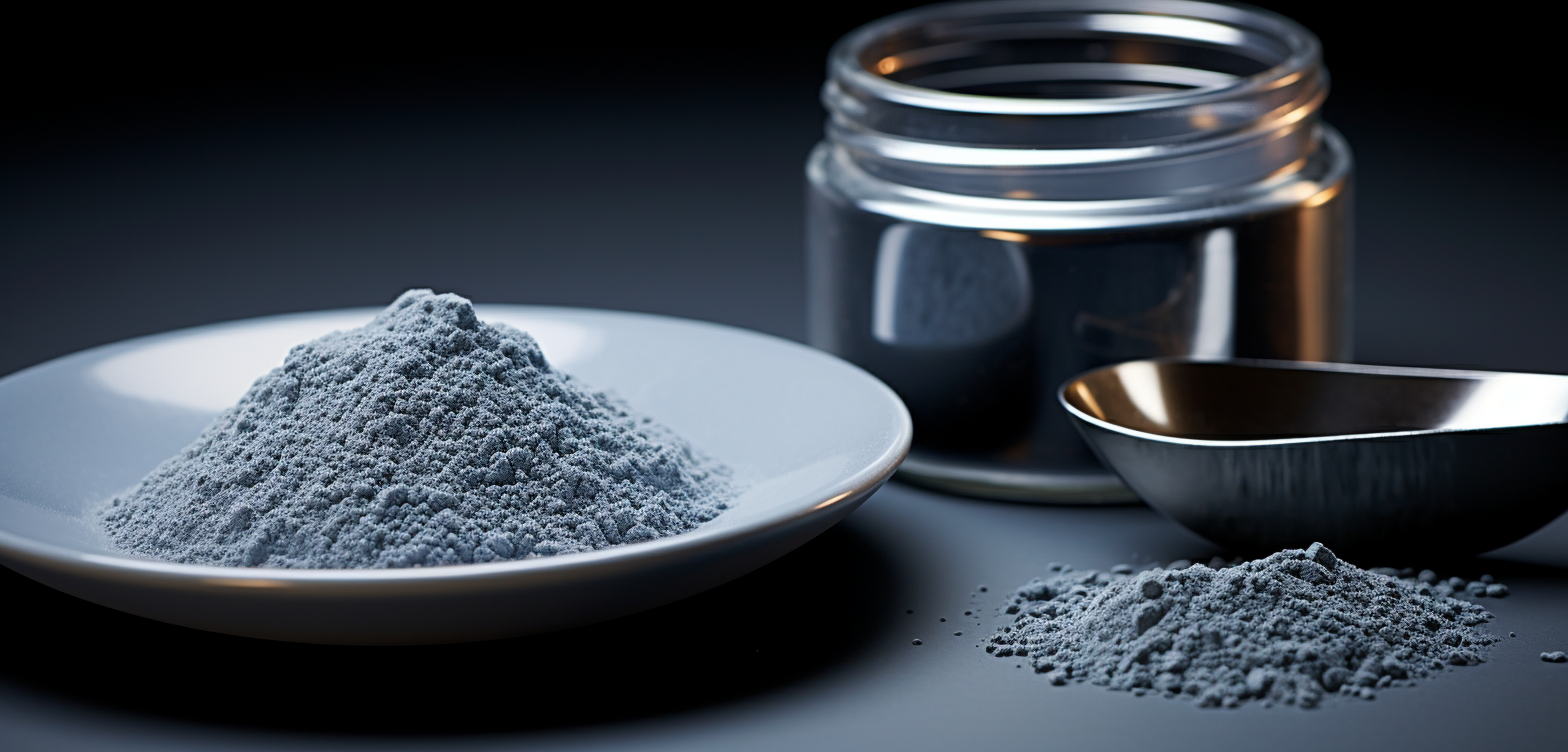

Stanford Advanced Materials (SAM) offers high-grade molybdenum powder, known for its excellent thermal conductivity and mechanical strength. Ideal for advanced industrial applications, SAM’s molybdenum powder enhances the performance and durability of components used in electronics, aerospace, and high-temperature processes.

The molybdenum powder comprises tiny particles of molybdenum, a fine grayish-black mass. It is reflected that molybdenum powder enjoys excellent mechanical and thermal properties due to its very high melting point of 2623°C (4753°F) and density of 10.22 g/cm3. Therefore, because of the power and strength of molybdenum powder, it finds a very high demand in various applications where temperature resistance is found to be extreme. It plays a vital role in applications, starting from electronics to aerospace, under conditions where materials have to work efficiently under extreme conditions.
| Type | Purity | Shape | Particle Size |
| Molybdenum Powder | 99.80% | Spherical | |
| Molybdenum Metal Powder | ≥99.95% | 2 - 3μm, or 50nm | |
| Micro Molybdenum Powder | 99.90% | Nearly spherical | 1000μm |
| Nano Molybdenum Powder | 99.90% | Nearly spherical | 60nm |
| Molybdenum Rhenium Alloy Powder | 99% | Non-spherical | -200 Mesh or customized |
| Titanium Molybdenum Alloy Powder | 99.90% | Spherical | 0~45μm or customized |
| Molybdenum Nickel Alloy Powder | 99.90% | Spherical | 40~50 (μm) or customized |
Our ≥99.95% or 99.9% purity molybdenum powders are both spherical and non-spherical in shape, with particle sizes as small as 60nm. Our molybdenum alloy powders are supplied in molybdenum-rhenium (Mo-Re) and titanium-molybdenum (Ti-Mo) alloy forms.
Molybdenum possesses high strength, high hardness, and excellent mechanical properties, and it can maintain these characteristics even at high temperatures. Molybdenum powder is primarily used in steelmaking, and steel alloyed with molybdenum exhibits high strength, high toughness, outstanding heat resistance, and corrosion resistance.
As an alloying element in steel, molybdenum offers the following advantages:
Metallurgy: Used as an alloying agent, it enhances the strength, hardness, and corrosion resistance of steels and superalloys, making it vital in industries like aerospace, automotive, oil, and gas.
Electrical: It is employed in producing electrical components such as thin-film transistors, connectors, and integrated circuits due to its excellent electrical and thermal conductivity.
Catalysts: It serves as a catalyst in chemical reactions, particularly in the petrochemical industry for manufacturing fuels and polymers.
Solar Cells: Applied as a back electrode in thin-film solar cells, it ensures efficiency and durability.
Glass Manufacturing: Its high melting point and thermal stability make it suitable for use as a glass-melting electrode and in sealants.
Filaments and Electrodes: It is used to manufacture filaments and electrodes for applications like incandescent lamps, vacuum tubes, and welding electrodes.
Lubricants: With a low friction coefficient and high-temperature resistance, it is used as a solid lubricant in extreme conditions where conventional lubricants fail.
Coatings: Applied as a protective coating, it prevents corrosion and wear on machinery, automotive parts, and cutting tools.
In all, the molybdenum powder serves in many industries, which have improved several products and processes.

